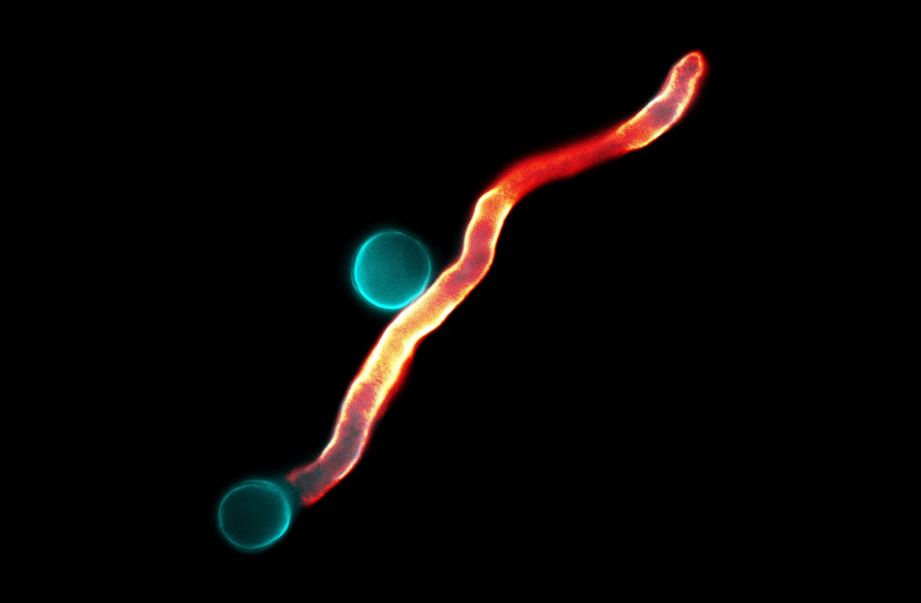A newly published study, Characterization of the Spatiotemporal Localization of a Pan-Mucorales–Specific Antigen During Germination and Immunohistochemistry, has made significant strides in the detection of Mucorales, a group of fungi that cause the deadly fungal infection, mucormycosis. Researchers at Exeter’s MRC Centre for Medical Mycology, led by Dr. Alyssa Hudson and Dr. Elizabeth Ballou, have characterized how a specific antibody in a point-of-care diagnostic test binds to Mucorales fungi, aiding early diagnosis.
This research comes at a critical time, as the World Health Organization (WHO) recently identified Mucorales as high-priority fungal pathogens, emphasizing the urgent need for improved diagnostics and treatment options. Mucormycosis is particularly dangerous for patients with weakened immune systems, including those with diabetes, blood cancers, or those on immunosuppressive medications, often leading to severe tissue damage or death. Early diagnosis is crucial for improving survival rates, but until now, detection methods have been limited.
The study reveals that the new test targets a specific antigen present during active fungal growth, allowing it to differentiate between invasive infection and colonising fungi. This antigen is detectable at an early stage of infection, providing the opportunity for timely diagnosis and treatment, potentially reducing mortality rates. The research was the result of a fellowship funded by Noah’s Pink Balloon Leukaemia Fund, a family charity set up in Noah’s memory to support the future care, diagnosis and treatment of children with blood cancer and life threatening infections.
Trustees of Noah’s Pink Balloon Leukaemia Fund Susan and Diederick Tesselaar commented: ‘Mucormycosis can occur in patients undergoing chemotherapy because of a weakened immune system – the work of Dr. Alyssa Hudson and Dr. Elizabeth Ballou is pivotal in bringing us one step closer to detecting this deadly disease, accelerating progress in the underfunded area of fungal medicine. Without research, we cannot improve the life chances for the next generation.’
Dr Alyssa Hudson added: ‘Mucormycosis is a devastating fungal infection that is currently very difficult to diagnose. Our study has demonstrated how the specific antibody in this new test is able to detect early, active fungal growth as well as presence of Mucorales fungi in tissue samples. We are really excited about the potential for this test to accurately and quickly diagnose Mucormycosis.’

